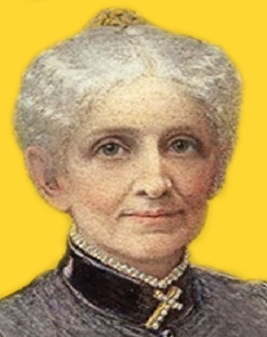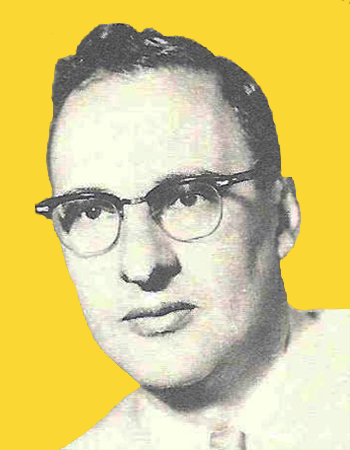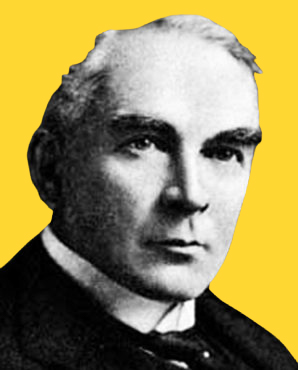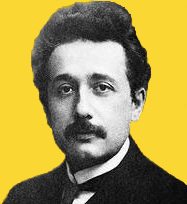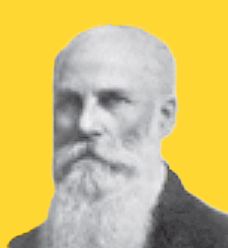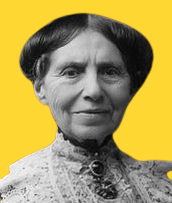"Blessed art Thou because everything that really is, is in this Book."
Ref: Thou ~ MBE
Science & Health
William Shakespeare Biography and Publication Index

William Shakespeare
William Shakespeare ~ Biography & Publication Index
0. Biography ~ Please see below 1. Quotations by Shakespeare ~ 8 ~ Please SCROLL or CLICK to Go Now
Biography
William Shakespeare (April 1564 – April 1616) was an English playwright, poet and actor. He is widely regarded as the greatest writer in the English language and the world's pre-eminent dramatist. He is often called England's national poet and the "Bard of Avon" (or simply "the Bard"). His extant works, including collaborations, consist of some 39 plays, 154 sonnets, three long narrative poems and a few other verses, some of uncertain authorship. His plays have been translated into every major living language and are performed more often than those of any other playwright. Shakespeare remains arguably the most influential writer in the English language, and his works continue to be studied and reinterpreted.
Rawson
Quotations| # | Group | Category | Topic | Author | Title | Show All | Description |
| # | Group | Category | Topic | Author | Title | Show All | description |
| 1 | Author Other | Quotes | Admonition | Shakespeare, William | Admonition | Show all | After the supreme advent of Truth in the heart, there comes an overwhelming sense of error's vacuity, of the blunders which arise from wrong apprehension. The enlightened heart loathes error, and casts it aside; or else that heart is consciously untrue to the light, faithless to itself and to others, and so sinks into deeper darkness. Said Jesus: "If the light that is in thee be darkness, how great is that darkness!" and Shakespeare puts this pious counsel into a father's mouth: — This above all: To thine own self be true; And it must follow, as the night the day, Thou canst not then be false to any man. [Misc ~ Chpt 6 ~ 81] |
| 2 | Author Other | Quotes | Colloquy, A | Shakespeare, William | Colloquy, A | Show all | In Shakespeare's tragedy of King Lear, it was the traitorous and cruel treatment received by old Gloster from his bastard son Edmund which makes true the lines: The gods are just, and of our pleasant vices Make instruments to scourge us. His lawful son, Edgar, was to his father ever loyal. Now God has no bastards to turn again and rend their Maker. The divine children are born of law and order, and Truth knows only such. How well the Shakespearean tale agrees with the word of Scripture, in Hebrews xii. 7, 8: "If ye endure chastening, God dealeth with you as with sons; for what son is he whom the father chasteneth not? But if ye be without chastisement, whereof all are partakers, then are ye bastards, and not sons." The doubtful or spurious evidence of the senses is not to be admitted, — especially when they testify concerning Spirit, whereof they are confessedly incompetent to speak. [Misc ~ Chpt 5 ~ 23:1-18] |
| 3 | Author Other | Quotes | Intro Quote | Shakespeare, William | Intro Quote | There is nothing either good or bad, but thinking makes it so. | |
| 4 | Author Other | Quotes | Love your Enemies | Shakespeare, William | Love your Enemies | Show all | Simply count your enemy to be that which defiles, defaces, and dethrones the Christ-image that you should reflect. Whatever purifies, sanctifies, and consecrates human life, is not an enemy, however much we suffer in the process. Shakespeare writes: "Sweet are the uses of adversity." Jesus said: "Blessed are ye, when men shall revile you, and persecute you, and shall say all manner of evil against you falsely, for my sake; . . . for so persecuted they the prophets which were before you."[Misc ~ Chpt 1 8:24-32] |
| 5 | Author Other | Quotes | Man not evolved | Shakespeare, William | Man not evolved | Show all | Man in Science is neither young nor old. He has neither birth nor death. He is not a beast, a vegetable, nor a migratory mind. He does not pass from matter to Mind, from the mortal to the immortal, from evil to good, or from good to evil. Such admissions cast us headlong into darkness and dogma. Even Shakespeare's poetry pictures age as infancy, helplessness and decadence, instead of assigning to man the everlasting grandeur and immortality of development, power, and prestige. [S&H 224] |
| 6 | Author Other | Quotes | Perfidy and Slander | Shakespeare, William | Perfidy and Slander | Show all | What has an individual gained by losing his own self-respect? or what has he lost when, retaining his own, he loses the homage of fools, or the pretentious praise of hypocrites, false to themselves as to others? Shakespeare, the immortal lexicographer of mortals, writes: — To thine own self be true, And it must follow, as the night the day, Thou canst not then be false to any man. [Misc ~ Chpt 8 ~ 226:9-17] |
| 7 | Author Other | Quotes | Reform - Transition and reform | Shakespeare, William | Reform - Transition and reform | Show all | Thou art right, immortal Shakespeare, great poet of humanity: Sweet are the uses of adversity; Which, like the toad, ugly and venomous, Wears yet a precious jewel in his head. [S&H 66] |
| 8 | Author Other | Quotes | Unchristian Rumor | Shakespeare, William | Unchristian Rumor | Show all | Our worst enemies are the best friends to our growth. Charity students, for whom I have sacrificed the most time, — those whose chief aim is to injure me, — have caused me to exercise most patience. When they report me as "hating those whom I do not love," let them remember that there never was a time when I saw an opportunity really to help them and failed to improve it; and this, too, when I knew they were secretly striving to injure me. VAINGLORY Comparisons are odorous. — SHAKESPEARE [Misc ~ Chpt 8 ~ 267:5-13 ] |

